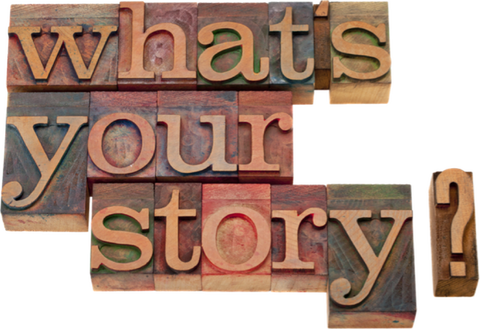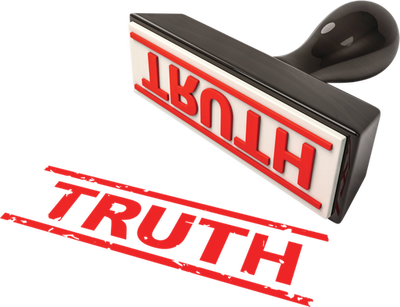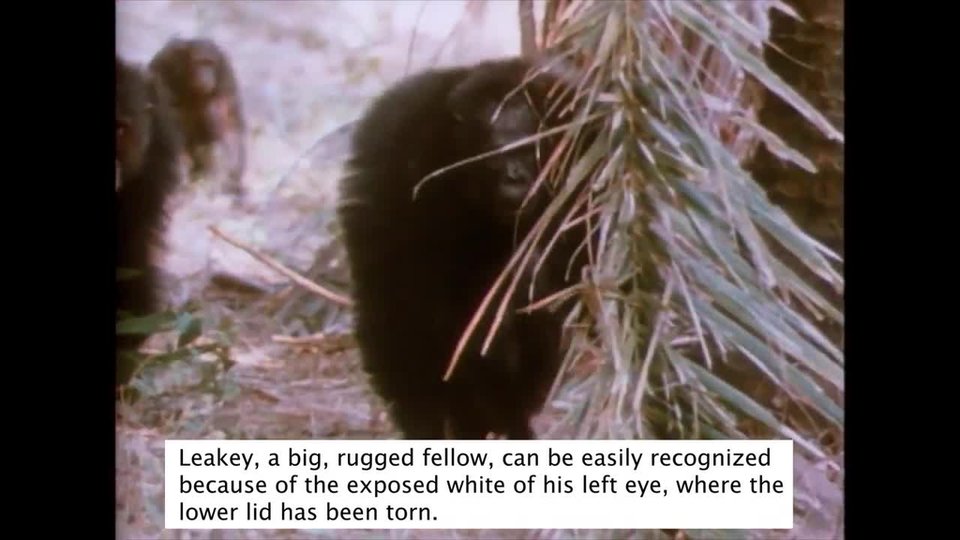ThinkGlobally
Tomaketheworldabetterplace,it’simportanttoknowabouttheplacesintheworld.Knowingmoreaboutgeography—havinganideaofwheredifferentcities,countries,andcontinentsare—willhelpyoumakesenseofstoriesyoureadandnewsyou hear.
Whenyouhearaboutanewplace,makeahabitoffindingitonamap.Seewhatcontinentit’son,whatbigcitiesarenearby,andifit’sclosetoabodyofwater.Thenlookupwhatlanguageorlanguagesarespokenthere,someofthemostpopularfoodsordisheseatenthere,andpopularmodesoftransportation.Gettingasenseofthepeoplewholivethereandwhatdailylifemightbelikeforthemwillhelpmakethatplacemorethanadotonamapin
your mind.


Listen
Everypersonhasastory.Itmightbeastoryabouttheirpast.Itcouldbeabouttheirhopesandtheir dreamsfortheirfuture.Theirstorycouldbeabouttheirfearsorwhatmakesthemsad.Nomatterwhatwordstheyusewhentheysharetheirstory,whatthey arereallytellingyouiswhothey are.
Beingagoodlistenermeansbeinggenuinelycuriousaboutotherpeopleandcaringabouttheirthoughtsandfeelings.And,beingagoodlistenercanmaketheworldbetterbyhelpingyouhavemorecompassion,avoidmisunderstandings,andlearnaboutnewpeople,places,
and issues.

Herearefivewaystoboostyourlisteningskills:
1.
TRYTOUNDERSTAND.Don’tworrytoomuchabouthavingaresponseready.Instead,reallytrytofigureoutwhatitistheyaretryingto say.
2.
FOCUS.Thatmeansputtingawayalldistractionsandreallygivingwhoever’stalkingyourfull attention.
3.
DON’TINTERRUPT.Givewhoever’stalkingthespaceandtimetoexpressthemselvesthewaytheywant to.
4.
BEOPEN-MINDED.Whensomeoneistellingyousomethingpersonal,they’retrustingyouwiththeirtruth.They’regivingyoualittleglimpseintotheirheartandtheirmind.Berespectfulofthatandtrynottorushto judgment.
5.
LETTHEMKNOWTHATYOUUNDERSTAND.(Orthatmaybeyoudon’t.)Whenyouwanttomakesuresomeoneknowsyouarehearingthem,youcansaysomethinglike,“Itsoundslikewhatyouaresayingis….”Or,“Doyoumean…?”Ifyoudon’tunderstand,try,“Couldyousaythatinanother way?”
ThinkAboutThingsCritically
Beingacriticalthinkermeansthatbeforeyoubelievesomethingorsomeone,youconsiderthefactsandevidence.Forexample,takesomethingyoumightreadontheinternet.Alotoftheinformationyoufindthereisnotfact-checked.So,youhavetobeyourowninfoinvestigator.Double-check!Findanotherreliablesourcethatcanverify,orconfirm,the information.

Whentryingtodeterminewhetherornottotrustasource,ortheinformationprovided,considerthese questions:
1.
Whoistheinformationcomingfrom?Whoistheoriginal source?
2.
Isthissourcereliable?Whyorwhy not?
3.
Doesthissourcehaveanagendaoramotiveforsharingthis information?
4.
Whatdoesthissourcegainfrommybeliefinthis information?
5.
Dootherreliablesourcesconfirmoragreewiththis information?

